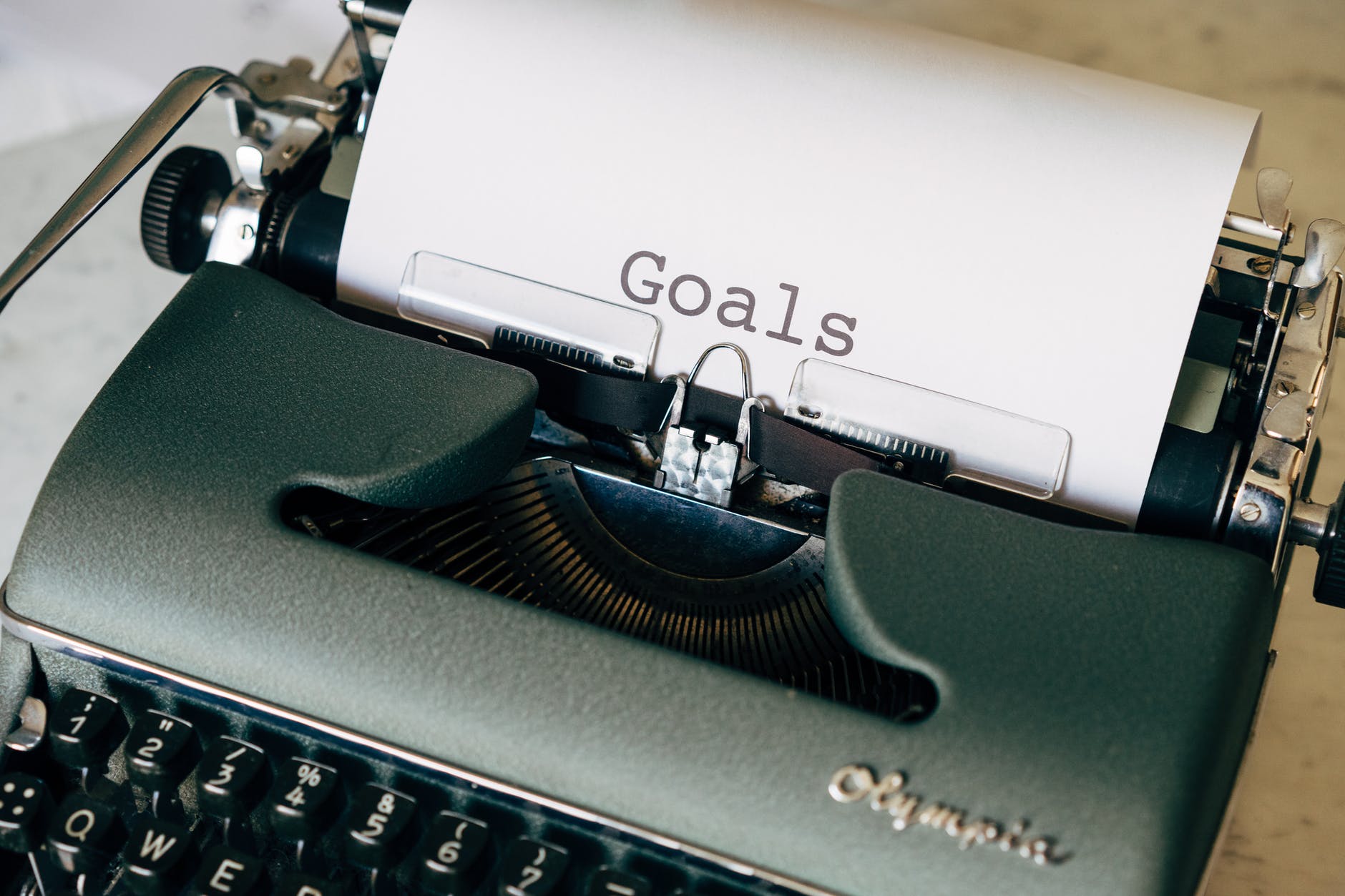5 Goals for Therapy
Therapy is all about goals. As a licensed anxiety therapist in North Carolina and Virginia, I always ask my clients in the first session what their goals are for therapy. Most people start counseling because they know the they want to change something in their life or about themselves. It’s important to have goals that you’re working towards during sessions to get the most out of counseling. Many people begin therapy with a very broad goal. For example: “I want to feel better,” “I don’t want to be anxious anymore,” or “I just know something isn’t right, but I’m not sure how to change it.” It’s difficult for some people to figure out exactly what they want to work on.
To make that process easier for you, here are some examples of common goals for therapy:

- To improve self esteem: Some people decide to start therapy because they are unhappy with themselves, whether that be due to emotional or physical reasons, or a combination. Therapy can help you figure out where your self esteem issues come from and how to work through them. Maybe you want to feel better in your own skin. Or get better at taking compliments. Or have more confidence with speaking up for yourself.

- To reduce your anxiety: It’s possible that you want to start therapy because you feel anxious often. Your overall goal may be to feel less anxious, but there are ways to break that down into more specific goals. For example: To fall asleep easier and not have worries that keep you up on night; to be able to focus better and not have racing thoughts all the time; to get through the day without constantly thinking about what could go wrong.

- To decrease depressive symptoms: People who feel depressed often struggle with vocalizing how they feel, let alone what they want to work on. Some examples of goals for individuals with depression: to have less days a week where you struggle to get out of bed. Or to be able to have a genuine positive facial expression instead of putting on a mask for others. Or to feel like you can look forward to the future and not have to put all your energy on getting through today.

- To process past trauma: You may want to go to therapy because you’ve experienced a disturbing event(s) in your past and have found it difficult to move forward from it. Some specific therapy goals you may have to work on your trauma: to be less on edge in certain situations; to be able to control triggers and/or the reactions to triggers; to think back on the memory of the incident and not be flooded with emotions.

- To have healthier relationships: Maybe you’ve been struggling with some of the relationships in your life whether they be romantic, friendships, or with your family members. Many people struggle with how to navigate the relationships in their life and have no idea where to start with making them better. Possible areas to develop this goal further: to feel like my friendships are more mutual and not as one sided; to be able to tell my family “no” when they keep wanting more from me; to have a healthy relationship with my partner/to find a healthy relationship.

Conclusion
These are just a few examples of broad goals for therapy and how to further develop them. By going into therapy with more specific goals, you and your therapist can develop a clearer pathway to get you where you want to and need to be in your life. As an anxiety therapist in Charlotte, I love working with clients on identifying their goals for their life that we can collaborate on together.
Increasing self care tends to be a popular goal for most clients. Read my blog post on types of self care to give you some more examples of things you can work towards in therapy: https://thetherapysuitepllc.com/types-of-self-care/
